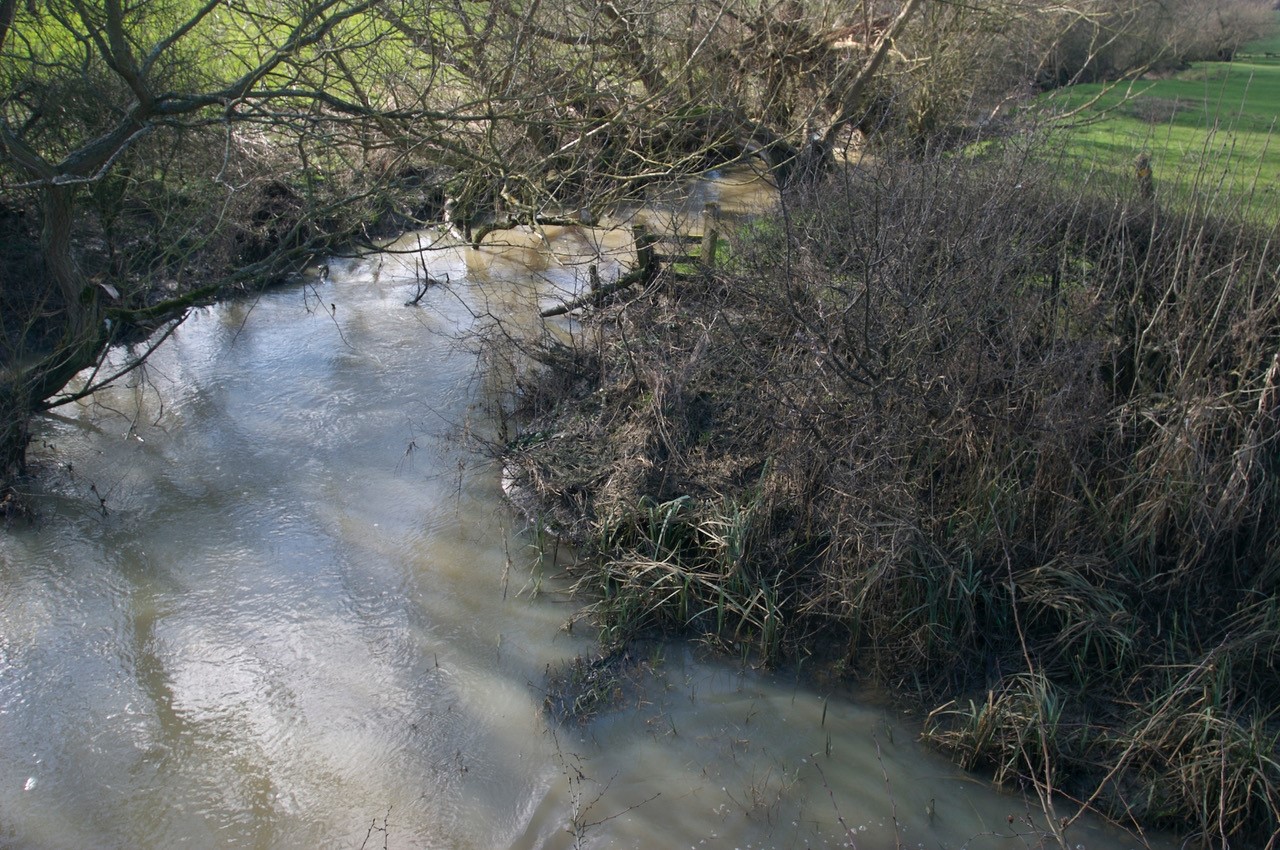What is a Parish Council?
Parish councils and town councils are a fundamental tier of local government first set up in 1894 and should not be confused with the Church of England's Parochial Church Councils. Each parish and town council is democratically elected in accordance with statute. There is no legal difference between a town or parish council; town councils, as their name implies, are usually found in towns and their Chairman may be called Mayor.
Parish and town councils are the first tier of local authorities. Although their duties are limited compared to the county and district (principal) authorities, they have quite wide ranging powers. This means they can, if they so choose, provide a range of services which can include provision and maintenance of playing fields, play areas, cemeteries and community centres amongst many other things. An enthusiastic and hard working parish council can make a real difference to the life of the local community and its residents.
In addition to providing local services, parish councils are also consulted on all local planning applications and other issues which may affect the local community.
How do they get their money?
 Parish and town councils are funded mainly by the precept which they collect from the prinicpal authority (in this area Stratford District Council). This is paid by local residents through their council tax. In addition, there may also be some income from the provision of local services which may be chargeable, for example burial fees from the local cemetery if owned by the parish council.
Parish and town councils are funded mainly by the precept which they collect from the prinicpal authority (in this area Stratford District Council). This is paid by local residents through their council tax. In addition, there may also be some income from the provision of local services which may be chargeable, for example burial fees from the local cemetery if owned by the parish council.
The amount of council tax which is paid towards the precept is usually very small in comparison to the overall total. The significant thing about the precept is that every penny is spent within the parish for the ultimate benefit of its residents.
For further information, please contact us